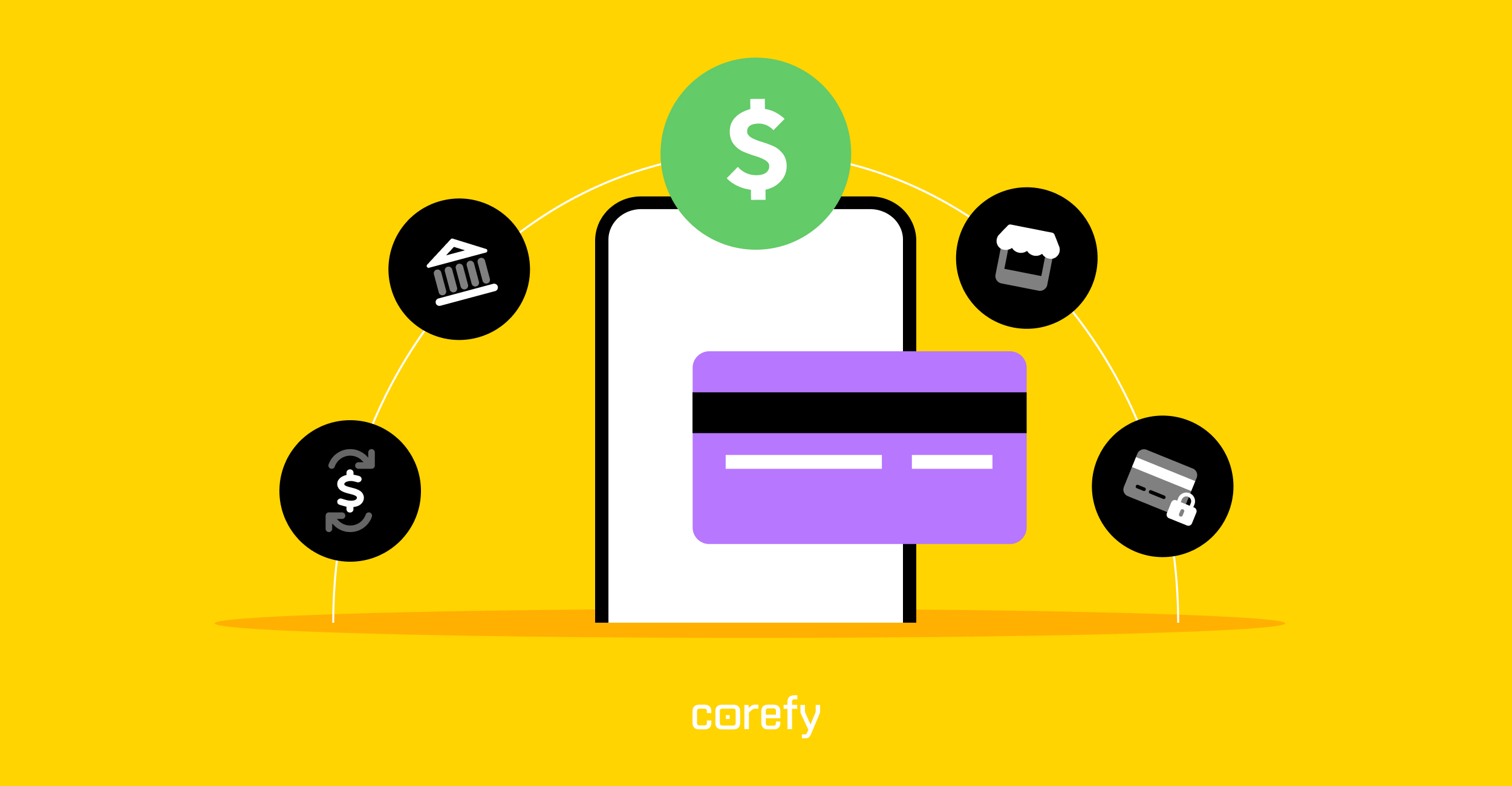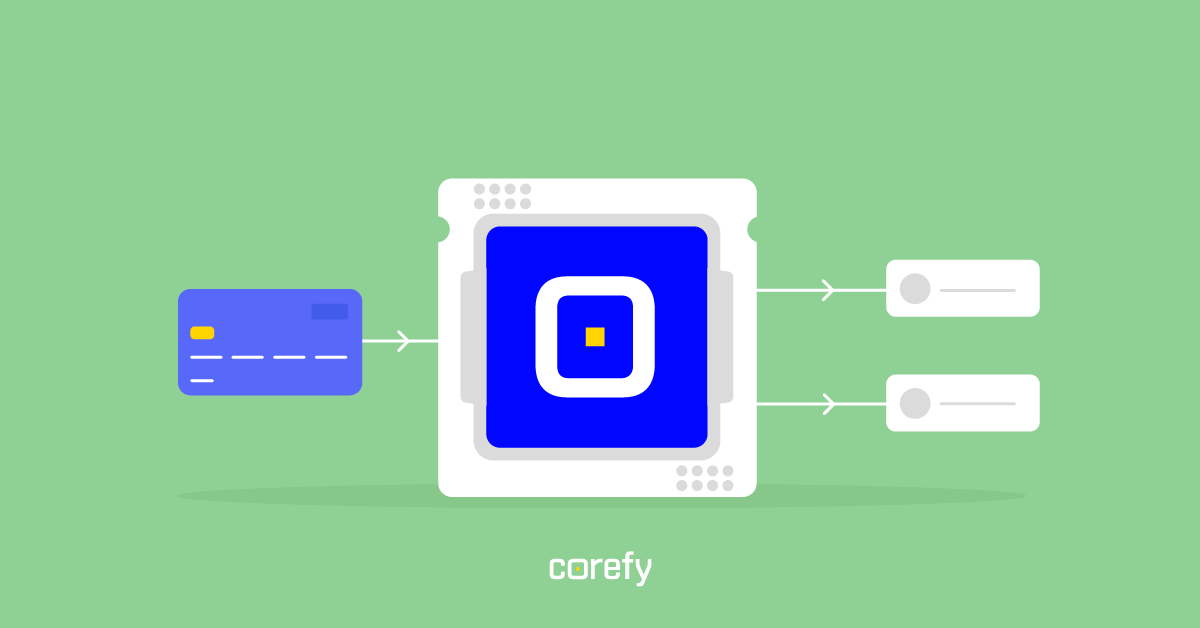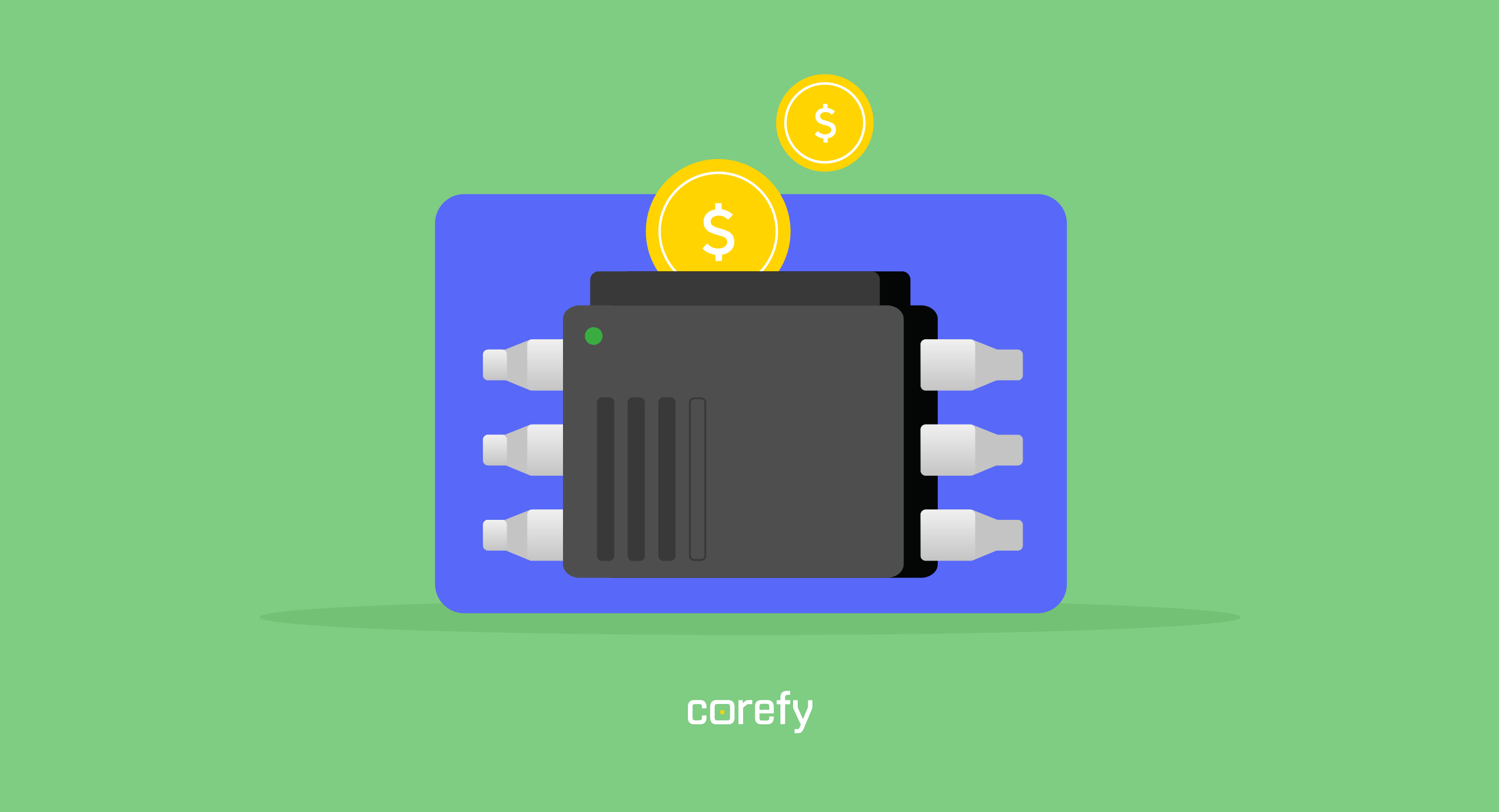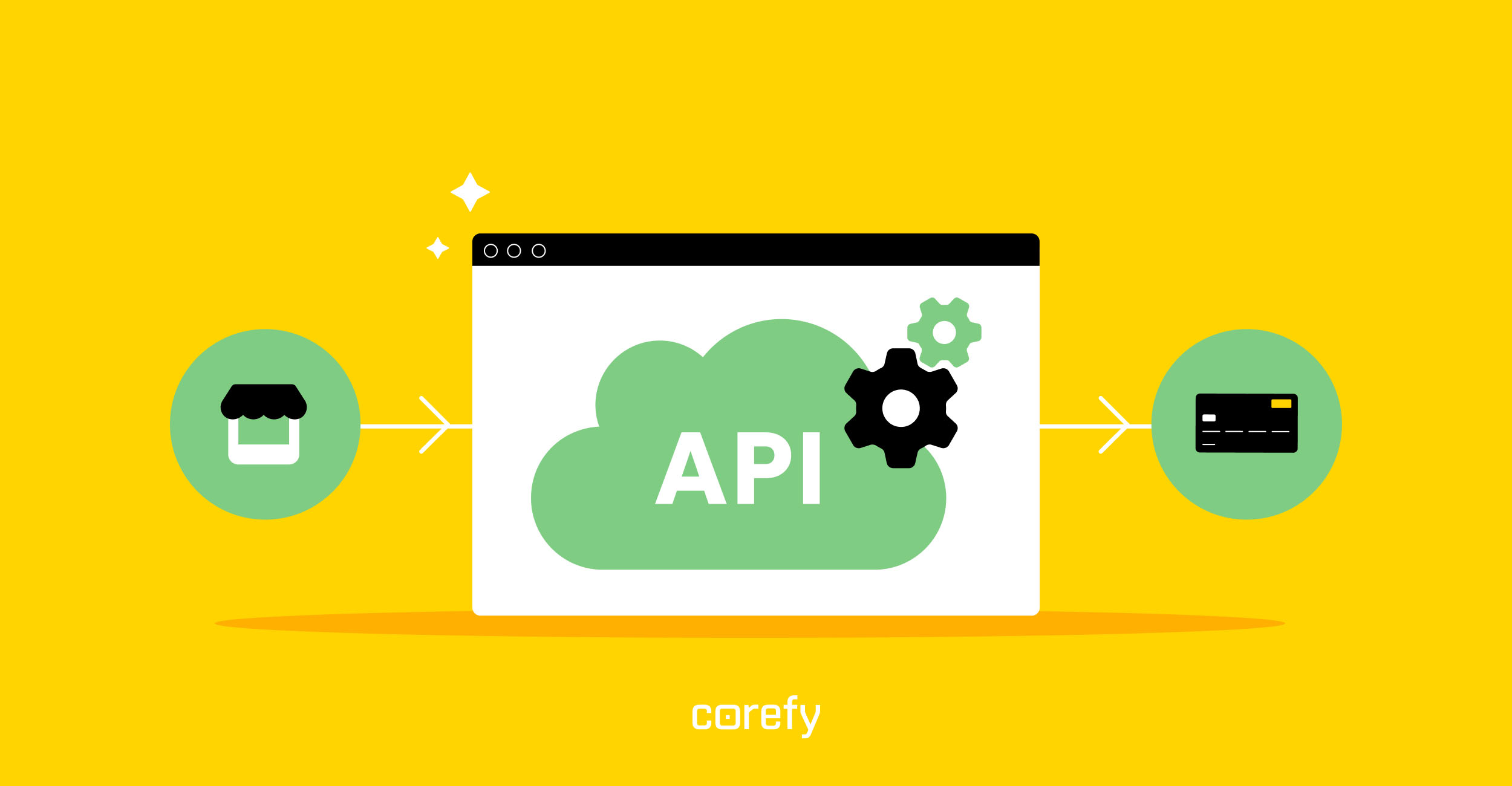Starting an online gambling business is lucrative, but it requires careful planning, adherence to legal regulations, and strategic implementation. As the digital landscape continues to expand, the appetite for online gambling has surged, creating ample opportunities for entrepreneurs.
Whether you are a seasoned entrepreneur or new to the gambling industry, this article will help you navigate the complexities of setting up an online gambling business, ensuring compliance, and maximising profitability.
What is a gambling business?
Gambling businesses are enterprises that operate online or offline games of chance or betting activities to generate revenue. These can include traditional casino games such as blackjack, roulette, slot machines, and poker, as well as sports betting, horse racing, and other types of wagering.
Gambling businesses can take various forms, such as physical casinos, online gambling sites, and mobile betting apps. Some online casinos or gambling websites are owned and operated by governments, while others are run by private companies or individuals.
The gambling industry is heavily regulated in many jurisdictions, with laws and regulations in place to protect consumers and prevent problem gambling. These regulations often include licensing requirements, responsible gambling measures, and restrictions on advertising and marketing.
How to choose a payment gateway for your gaming business
Choosing the right payment gateway for your gaming business is a crucial decision. A reliable payment partner can impact your revenue, customer experience, and regulatory compliance.
Here are some factors to consider when selecting a payment gateway:
- Security. Payment security should be your top priority. Look for a gateway that uses advanced security measures, including encryption, compliance with industry standards such as PCI DSS, and payment fraud prevention.
- Payment methods. Make sure the payment gateway supports a wide range of gambling payment methods, such as credit cards, debit cards, e-wallets, bank transfers, or other casino payment options.
- Fees and pricing. Payment gateways charge payment processing fees, which are usually per transaction or monthly fees. Compare the pricing models of different payment gateways to find the one that offers the best value for your business.
- Ease of integration. Choose a payment gateway that is easy to integrate with your gaming platform, website, or app. It would be great if it offered APIs, plugins, or software development kits (SDKs) that can simplify the integration process.
- Customer support. Choose a payment gateway provider that offers reliable and responsive customer support. This will help you resolve any issues or questions quickly and ensure that your customers have a positive experience when making payments.
- Compliance: Make sure the payment gateway provider is compliant with relevant regulations in your jurisdiction, such as anti-money laundering (AML) and know-your-customer (KYC) requirements.
Paying special attention to these factors, you can choose a white-label payment gateway that meets the needs of your gaming business while providing a secure and seamless payment experience for your customers.
6 steps to take before launching an online gambling project
Launching a gambling project is quite a challenging process. Ensure you take these six steps to take before starting your own online casino or another type of gambling business:
- Market research. Research the gambling market to understand your target audience, competition, and potential demand for your services. This can help you refine your project’s concept, identify key features, and develop a marketing strategy.
- Develop a plan. Define the scope, goals, and milestones of your gaming project. This can include creating a project timeline, budget, and resource plan. It is important to set realistic goals and deadlines and to have backup plans in place for unforeseen challenges.
- Hire a team. Depending on the scope and complexity of your project, you may need to hire designers, developers, marketers, and other specialists. Make sure to hire qualified and experienced team members who share your vision and values.
- Test and refine. Before launching your project, conduct rigorous testing to identify and fix issues, improve the user experience, and optimise the gameplay, if it’s a game. This can include alpha and beta testing with a select group of users, as well as usability testing to ensure your game is intuitive and easy to play.
- Choose a jurisdiction and obtain a license. Choosing the right licensing jurisdiction is crucial for your online gambling business. Consider factors such as regulatory compliance difficulty, player protection, market access, and cost. Once you have chosen a jurisdiction, you will need to obtain a license from the regulatory body. We'll dwell on it in the next chapters.
- Launch and market your project. This can include creating a website or landing page, social media campaigns, email marketing, and paid advertising. It is important to track and analyse your marketing efforts to identify what works and what needs improvement.
Take these steps to increase the likelihood of a successful launch and establish a strong foundation for the growth of your online gambling business.
Evaluate your gambling business’ payment setup
Take this 2-minute quiz to assess the effectiveness of your gambling payment setup. You'll receive customised recommendations and the opportunity to book a free comprehensive payment health check with our experts.
How much does it cost to set up an online gambling business?
According to Fortis Media, starting an online gambling business typically costs between $200,000 and over $1 million. This includes licensing fees, which can be up to $100,000 alone, software purchase or development costs between $200,000 and $300,000, and additional operational and marketing expenses, which can significantly vary depending on the scale and location of the operation.
The cost depends on several factors, including the type of business, location, licensing requirements, and regulatory compliance costs. For example, starting a physical casino is more expensive than launching an online gambling site, as it typically involves buying or leasing premises and gaming equipment and hiring staff. The cost of obtaining a license and complying with regulations varies greatly depending on the jurisdiction you’re going to operate.
On the other hand, setting up an online gambling site can also have its own costs, such as gambling software development, establishing gambling payment processing, and marketing expenses. The regulatory compliance costs remain and can also vary depending on the licensing jurisdiction.
Therefore, it is difficult to give a specific cost estimate for setting up an online gambling business as it can vary widely depending on the specific circumstances. However, it is important to note that starting a gambling business can be a high-risk venture, and careful planning and due diligence are essential to ensure its success.
Why is an online gaming license important?
Obtaining an online gaming license is a must for operating a legal and compliant online gaming business.
Here are some of the reasons why you need an online gaming license:
- Legal compliance. Operating an online gaming business without a license is illegal in most jurisdictions. A gaming license provides legal authorisation to run your business and demonstrates your compliance with relevant laws and regulations.
- Gamblers’ protection. Online gaming licenses are designed to protect players from gambling fraud, unfair practices, and other risks associated with online gaming. Regulatory bodies typically require licenses to implement responsible gaming policies, such as player account verification and age verification, to ensure the safety and security of players.
- Trust and reputation. Holding a gaming license is good for the reputation of your business. It increases the trust and credibility among players, investors, and other stakeholders. It demonstrates your commitment to operating a fair and transparent gaming business and can help you differentiate your brand from unlicensed and unregulated competitors.
- Access to payment processing. Many payment processors and banks require gaming businesses to hold a valid gaming license before they partner up. Without a license, you may face challenges in finding a reputable payment processor or bank that is willing to work with you.
- Expansion opportunities. Holding a gaming license in one jurisdiction can make it easier to obtain licenses in other jurisdictions and expand your business into new markets. Many regulatory bodies have reciprocity agreements with other jurisdictions, which can streamline the licensing process and reduce costs.
As you see, obtaining an online gaming license provides legal authorisation, protects your gamblers, enhances your reputation, and opens up new opportunities for your business expansion.
Watch the podcast where our CBDO Den Melnykov and BPY Services Founder Dan Lagémi about the regulatory landscape for online gambling payments and the compliance requirements that gambling operators must meet 👇
Comparison of gambling licensing jurisdictions
Here is a comparison of some of the best gambling licensing jurisdictions:
Malta Gaming Authority (MGA)
The MGA is a well-established and respected licensing jurisdiction that offers a comprehensive regulatory framework for online gambling operators. It has strict licensing requirements, including financial stability, responsible gaming policies, and player protection measures. Malta is a member of the European Union, which makes it an attractive jurisdiction for operators looking to expand into the EU market.
United Kingdom Gambling Commission (UKGC)
Being one of the most reputable and stringent regulatory bodies in the world, the UKGC requires operators to meet strict standards for player protection, responsible gambling, and AML compliance. The UK is a large and mature market, which makes it an attractive jurisdiction for operators looking to target UK players.
Curacao eGaming
Curacao is a popular jurisdiction for online gambling operators due to its relatively low licensing fees and straightforward application process. However, the regulatory requirements are less stringent than in other jurisdictions, and Curacao does not offer the same level of player protection and security as some other licensing jurisdictions.
Gibraltar Gambling Commissioner
Gibraltar is a British Overseas Territory that has been licensing online gambling operators since 1998. The Gibraltar Gambling Commission has a reputation for being a well-regulated jurisdiction with high standards for licensing and regulatory compliance. It also offers favourable tax rates for operators.
Alderney Gambling Control Commission (AGCC)
Alderney is a small island in the English Channel that is home to the AGCC, a regulatory body that has been licensing online gambling operators since 2000. The AGCC is known for its rigorous standards for licensing and regulatory compliance, including stringent requirements for AML, responsible gambling, and player protection.
Each gambling licensing jurisdiction has its own strengths and weaknesses. When choosing a licensing jurisdiction, it is important to consider factors such as regulatory compliance, player protection, market access, and cost. Working with experienced legal and regulatory advisors will ensure that you comply with all relevant laws and regulations.
Online gambling future trends
Check the episode of our Payment Agenda podcast, where a distinguished figure in the gambling and casino industry with over 18 years of experience, Nick Hill, shares how technologies are transforming the gambling industry.
How can Corefy help?
We help businesses launch and develop online gambling projects through Corefy's comprehensive payment orchestration platform. Our platform enables the seamless integration of various payment methods and providers globally, facilitating payment processing and management for online gambling operations and platforms with just a few clicks.
Opting for Corefy's gambling payment processing solution, businesses get tools for customising their payment flows and ensuring compliance with regional regulations. Additionally, the platform offers anti-fraud features and detailed analytics to help businesses manage their financial health and optimise payment strategies based on informed decisions.
Contact us to learn how to start an online gambling business or enhance your existing project with Corefy.





.png)







